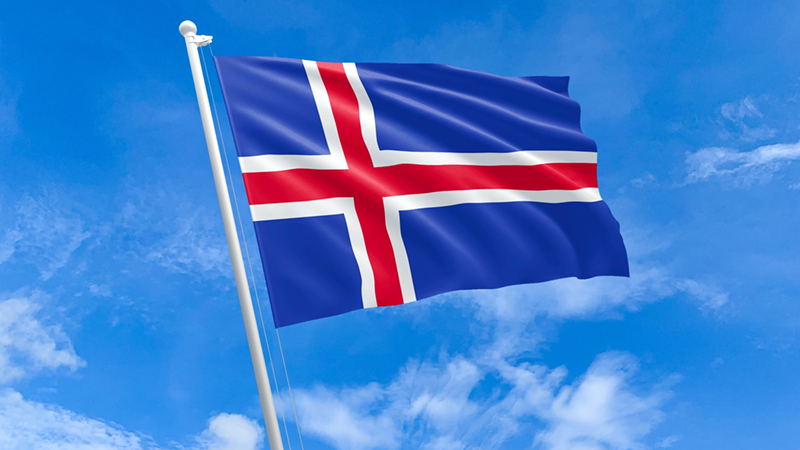
Iceland Parliament passes controversial ‘conversion therapy’ ban
A highly controversial ‘conversion therapy’ ban has been passed by the Icelandic Parliament, just days after its own Criminal Justice Committee recommended shelving the plans.
Groups critical of the Bill expressed concerns to the Committee that parents, teachers and clinicians would be wrongly criminalised under the sweeping plans.
But despite coming under severe criticism from the LGBT community, the Committee agreed that the proposed legislation was ill-defined and should not progress.
The conversion therapy proposals were championed by pressure group Samtokin ’78 (which means ‘organisation ’78’, named after the year it was formed) – broadly similar to Stonewall in the UK.
Critics of the Bill
Opposition to the Bill did not come primarily from Christian groups, however. Instead, a new organisation for gay and lesbian people opposed to the ban, Samtokin ’22, was formed. It campaigned against what it saw as a dangerous attempt to criminalise those critical of transgender ideology.
The group gave evidence to Iceland’s Criminal Justice Committee, assisted by groups in the UK who shared its concerns.
The Criminal Justice Committee released a critical response to the Bill, despite Iceland’s Parliament appearing to cosy up to the group pushing for the ban.
It said that aspects of the Bill are ‘not clear enough’, and that instructions for its ‘interpretation and material delimitation’ are incomplete.
Concerns disregarded
Many similar concerns have been raised about legislation elsewhere. No government in the UK or Ireland has yet produced legislative wording, but proposals have done little to assuage fears.
While a ban is often sold as an effort to prevent abusive or coercive practices, critics point out that such activity is already illegal. Instead a ban is likely to reinforce LGBT ideology in all spheres of life: criminalising those who criticise its worst excesses or who affirm traditional religious values.
These fears are confirmed by legislation in some countries where ‘prayer’ is named on the face of the Bill. And in Victoria, Australia, even ‘not affirming someone’s gender identity’ is made illegal.
Activists here say these are the best examples to follow, claiming “private prayer” and “casual conversations” should be caught, while ‘affirmative’ approaches to transgenderism should be required of everyone.
The Justice Committee’s decision to criticise the Bill led to initial reports that the Bill would be dropped. There were only days before it was due to be debated in Parliament, and parliamentary procedure meant there would be no time for the Bill to progress subsequently.
But members of Iceland’s Parliament were determined to see the dangerous legislation pass. They hastily made two very minor amendments in a bid to rectify the Bill’s deficiencies and the Bill was voted through by a majority.
The Criminal Justice Committee had proposed that Parliament paid particular attention to the development of ‘conversion therapy’ bans in other Nordic countries. A delay of six months was written in, to claim the Committee’s work had been taken seriously. Of course, that is nowhere near long enough to understand the implications of legislation that hasn’t even made it onto the statute book yet.
And while other Scandinavian countries have been considering such legislation, many concerns have been raised by Christians and others.
Laws which have far-reaching implications for human rights and religious freedom need intense scrutiny and careful thought. We must implore our own governments to think more carefully, instead of following this dangerous ideology-driven path.
Plans to outlaw conversion therapy – what to expect in 2026?
2025-12-23 09:47:27Aus Christians unite against extreme conversion therapy law
2025-12-10 12:15:40
